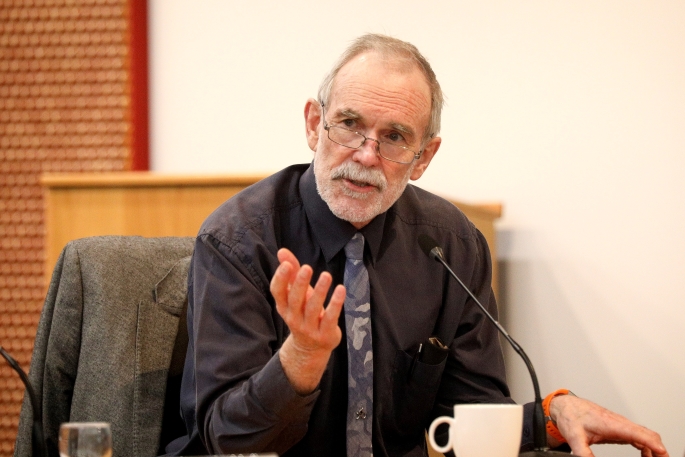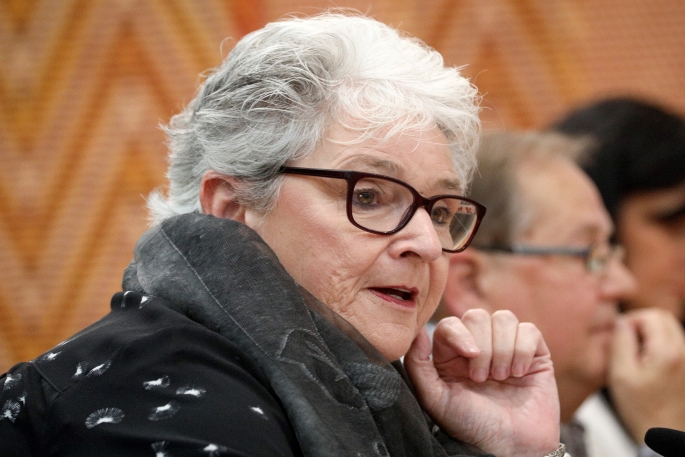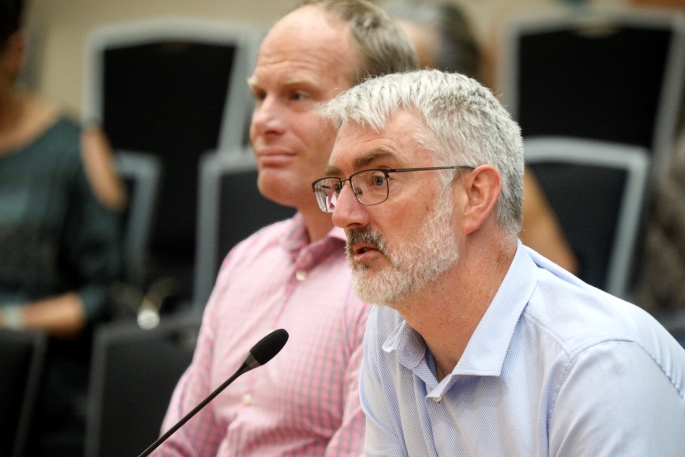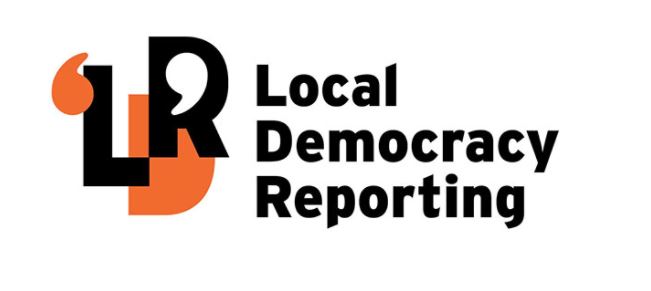A bylaw policing sex work in Rotorua will likely be revoked by the end of the month, following a decision made at a council committee meeting.
On Thursday, the Rotorua Lakes Council's Strategy, Policy and Finance Committee voted unanimously for the move after a lengthy period of reviews and consultation on the role and purpose of its Prostitution Bylaw.
If ultimately approved by the council on November 26, it will mean larger brothels will still be limited to the CBD, while small owner-operated brothels may operate in the suburbs following small business rules already set out in the District Plan.
However, there will be no limitation on their proximity to what had been referred to by the council as 'sensitive sites” - such as schools, marae and churches - as had been laid out by a proposed new bylaw.
The committee acknowledged the possible negative effects of sex work were able to be adequately managed by the city's district plan provisions and other regulatory mechanisms.
Public consultation on the council's sex work bylaw saw 50 per cent of submitters in favour of retaining the 2009 Prostitution Bylaw with no changes.
Council strategy manager Jean-Paul Gaston told the committee there had been 'some degree of misunderstanding about the potential effects being discussed” in the submissions.
Gaston's presentation stated most potential effects of sex work - such as the location of large brothels, signage, nuisance and touting and soliciting - were addressed either by the District Plan, existing laws, another council bylaw, or other regulations such as the Advertising Standards Authority code of conduct.
Small business rules applied to small owner-operated brothels in the suburbs, which limited operations to two workers, one of whom had to be a resident at the property.
Gaston says touting and soliciting is covered as offensive public behaviour and was a police matter, and was also covered by the district's General Bylaw 2017.
It could also be mitigated by lighting and CCTV, he says.
The council had received one complaint about sex work since 2017.
Council sustainability and social development manager Rosemary Viskovic says there is anecdotal evidence there were a 'relatively small number” of small owner-operated brothels in the suburbs and the New Zealand Prostitutes Collective had indicated those businesses desired to maintain discretion.
Councillor Raj Kumar says he didn't think there was a problem with sex work in the city as there hadn't been reports in traditional or social media.
'They want to be discreet.
'It's quite a safe industry, and it's a legal industry.”
Councillor Reynold Macpherson says it is sensible for the council to focus on the potential dangers.
'The analysis has avoided the imposition of moral standards in a very diverse community, which has a range of views on this.”
He asked if there was a cost to continuing with a sex work bylaw.
Gaston says there was and it had 'consumed a significant amount of time and reporting” to maintain.
Rotorua Lakes Community Board chairman Phill Thomass says sex work was 'obviously quite an emotional and moral issue for some people”, which he didn't discount.
'I did take the point from the Prostitutes' Collective that by having this bylaw it is forcing people into those larger brothels where they may be more vulnerable … the ability to be self-employed is something we all cherish as New Zealanders.”
There was a 'certain discretion built into the activity”, he says.

Dave Donaldson. Photo/Andrew Warner/NZME
Deputy mayor Dave Donaldson says bylaws were to deal with problems.
'Where's the problem?”
He says sensitive sites were a tricky aspect to regulate.
'This is a case where less governance is appropriate.
'We can always bring in a bylaw at some future date if a problem does arise.”

Rural Community Board chairperson Shirley Trumper. Photo/Andrew Warner/NZME
Rotorua Rural Community Board chairwoman Shirley Trumper says the submission that 'carried the most weight” was the one from the Prostitutes' Collective.
'They're professionals, they know what they're talking about and they know how to protect their girls. It's a business, we're not here to be judge and jury.”
Committee chairwoman, councillor Merepeka Raukawa-Tait says she agreed with Macpherson that Rotorua was a 'diverse community”.
'The decisions we make around this table must show that we are inclusive of all members of our society … we make our decisions based on fairness and wanting people to feel they are valued in our community and they have a place.”




0 comments
Leave a Comment
You must be logged in to make a comment.